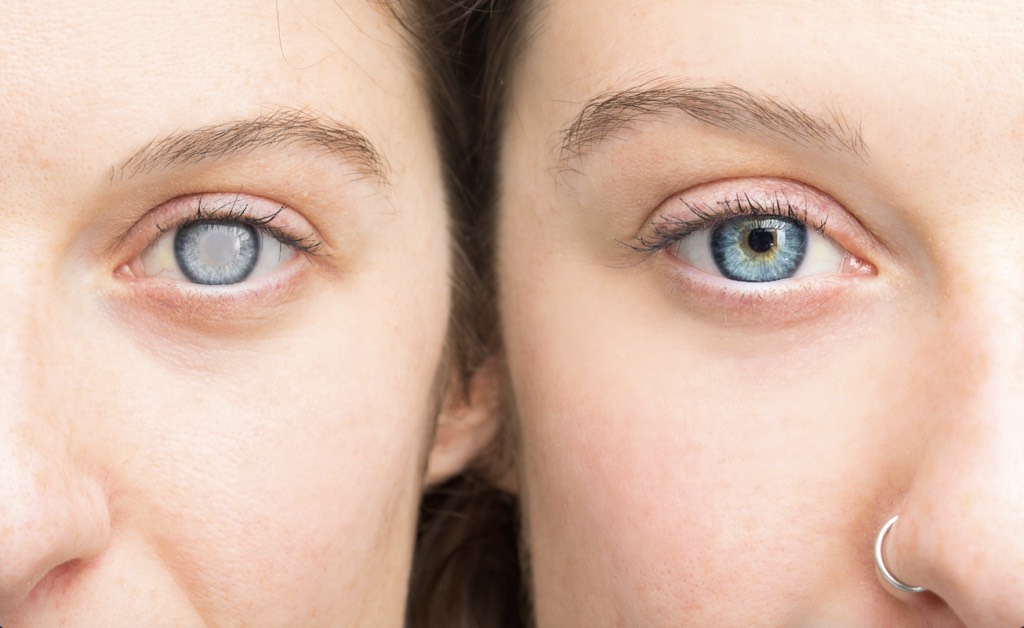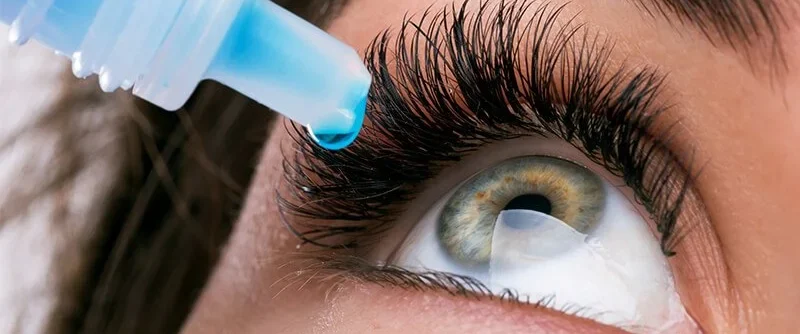What Are The Common Causes of Cataracts?

The condition of cataracts, while it is concerning, is not uncommon. Cataracts develop when the proteins in a person’s lens (or lenses) deteriorate and break down. Many may wonder as to the cause of this condition.
Causes of Cataracts
There is no single reason as to why someone might be diagnosed by his or her eye care professional as having cataracts. One of the most frequent causes is age, which nobody can control. Like it or not, it is natural that as we age, our bodies don’t function as strong or effectively as they used to—and this may include vision.
A second reason a person may develop cataracts—and it is another one which is out of anyone’s control—is family history. Yes, cataracts can be genetic, so anyone who has one or more relatives that have been diagnosed with this condition should alert his or her eye care provider with this information. Any changes in vision can then be carefully monitored.
While we’re on the topic of history, the possibility of developing cataracts may increase if someone has experienced previous eye-related conditions, such as an injury or inflammation. And, if surgery was performed at any time on one or both eyes, there is more of chance that cataracts may develop at some point later on.
In addition to eye-related issues, other health conditions—which may seem unrelated—may also factor into being diagnosed with cataracts. These include diabetes, high blood pressure, and obesity, among others. This illustrates how the condition of certain parts of the body impact—either directly or indirectly—other parts and senses.
How can I prevent Cataracts
As stated, there is very little that one can do to change the causes listed above when it comes to the prevention of developing cataracts. There are, however, lifestyle choices that can also contribute to developing this condition—which can be prevented by making positive changes. These include:
- Quitting smoking
- Limiting or abstaining from drinking alcohol
- Wearing sunglasses
- Exercising
- Eating foods which support eye health, including carrots, red peppers, kale, oysters, salmon, and kale
- Scheduling eye exams to monitor and maintain vision health
Make sure you schedule your annual vision checkup at one of our eye care offices that is most convenient to you. Contact SightMD to schedule your appointment. In addition to providing you with top-drawer eye care, we will be happy to answer your questions or concerns regarding your vision.


